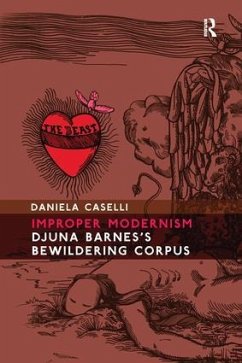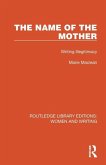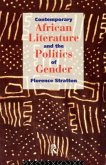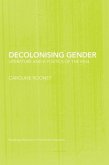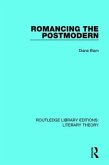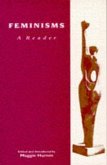In her compelling reexamination of Djuna Barnes's work, Daniela Caselli raises timely questions about Barnes, biography and feminist criticism, identity and authority, and modernist canon formation. Through close readings of Barnes's manuscripts, correspondence, critically acclaimed and little-known texts, Caselli tackles one of the central unacknowledged issues in Barnes: intertextuality. She shows how throughout Barnes's corpus the repetition of texts, by other authors (from Blake to Middleton) and by Barnes herself, forces us to rethink the relationship between authority and gender and the reasons for her marginal place within modernism. All her texts, linked as they are by correspondences and permutations, wage a war against the common sense of the straight mind. Caselli begins by analyzing how literary criticism has shaped our perceptions of Barnes, showing how the various personae assigned to Barnes are challenged when the right questions are posed: Why is Barnes such a famous author when many of her texts remain unread, even by critics? Why has criticism reduced Barnes's work to biographical speculations? How can Barnes's hybrid, eccentric, and unconventional corpus be read as part of literary modernism when it often seems to sever itself from it? How can an oeuvre reject the labels of feminist and lesbian literature, whilst nevertheless holding at its centre the relationships between language, sexuality, and the real? How can Barnes's work help us to rethink the relation between simplicity and difficulty within literary modernism? Caselli concludes by arguing that Barnes's complex and bewildering work is committed to a high modernist notion of art as a supremely difficult undertaking whilst refusing to conform to standards of modernist acceptability.
Hinweis: Dieser Artikel kann nur an eine deutsche Lieferadresse ausgeliefert werden.
Hinweis: Dieser Artikel kann nur an eine deutsche Lieferadresse ausgeliefert werden.

